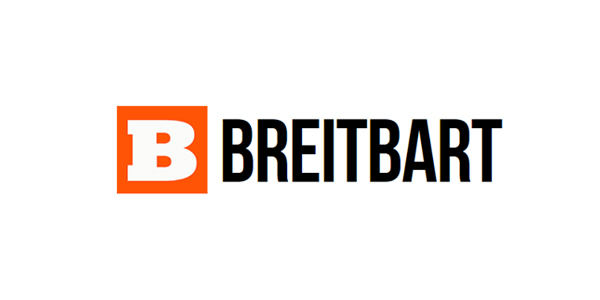The Competitive Enterprise Institute's Ten Thousand Commandments study, produced a price tag that he says is very conservative: $2.1 trillion per year. That's equivalent to Canada's entire economy and a hidden regulatory tax of $15,788 annually on each American household. The burden of excessive regulation is hard to measure. We know that the Code of Federal Regulations is over 188,000 pages long, guaranteeing that citizens can never really be sure they comply with every regulation. The costs disproportionately impact new, small- and medium-sized enterprises, which lack the resources to hire compliance officers or navigate complex regulations. The Dodd-Frank financial legislation, enacted in response to the 2008 financial crisis, was over 2,300 pages long and added more than 400 new rules and mandates. While it aimed at reducing systemic financial risks, it's much harder for smaller banks and credit unions to navigate, leading to financial sector consolidation and reduced competition.
Stringent Environmental Protection Agency emissions standards have made it prohibitively expensive to construct new manufacturing plants, effectively halting innovation in certain industries. The auto industry, too, faces onerous fuel-efficiency standards that raise the cost of vehicles—even green ones—and reduce consumer choice, all while delivering marginal environmental benefits. And the National Environmental Protection Act of 1970 (NEPA) requirement for exhaustive environmental reviews has evolved into an endless process whereby even simple projects can be delayed for years through nonstop studies, public comments, and litigation. A single environmental impact statement can cost millions of dollars; on average, each takes four and a half years to complete. This regulatory maze makes it far more difficult to build critical infrastructure like highways, bridges, and energy projects promptly. NEPA essentially gives federal bureaucrats and activists veto power over private development, even on state and private lands. Rather than protecting the environment, it's become a weapon for blocking development through death by delay, driving up costs for everything from housing to energy while providing minimal environmental benefit.
The Dept of Government Efficiency (DOGE) has made a promise: It will go after regulations that slow growth, obstruct innovators and cost American households thousands of dollars each year. Here's hoping for success. The coming reforms should prioritize inserting sunset clauses on rules as they become outdated, streamlining compliance processes, and focusing on outcomes rather than prescriptive, rigid mandates that rule out more innovative approaches. Reducing regulatory burdens with these simple methods can unleash the creative potential of entrepreneurs and businesses. A freer economy is not just more productive or better equipped to meet the challenges of the future. It also means lower prices. Where deregulation happens, prices decline in the range of 30%. He has seen it in textiles, logistics and some agricultural products. That leads to a lot of extra economic growth. Potentially 3% more, argues economist John Cochrane. And since economic growth is everything—making nations richer, safer, healthier, cleaner and even more peaceful and tolerant—we should all cheer for DOGE to succeed.
Supplemental Info:
https://www.breitbart.com/2024....-election/2024/12/20
https://reason.com/?p=8309571
https://www.americanthinker.co....m/blog/2024/12/barre
https://patriotpost.us/article....s/112814?mailing_id=
